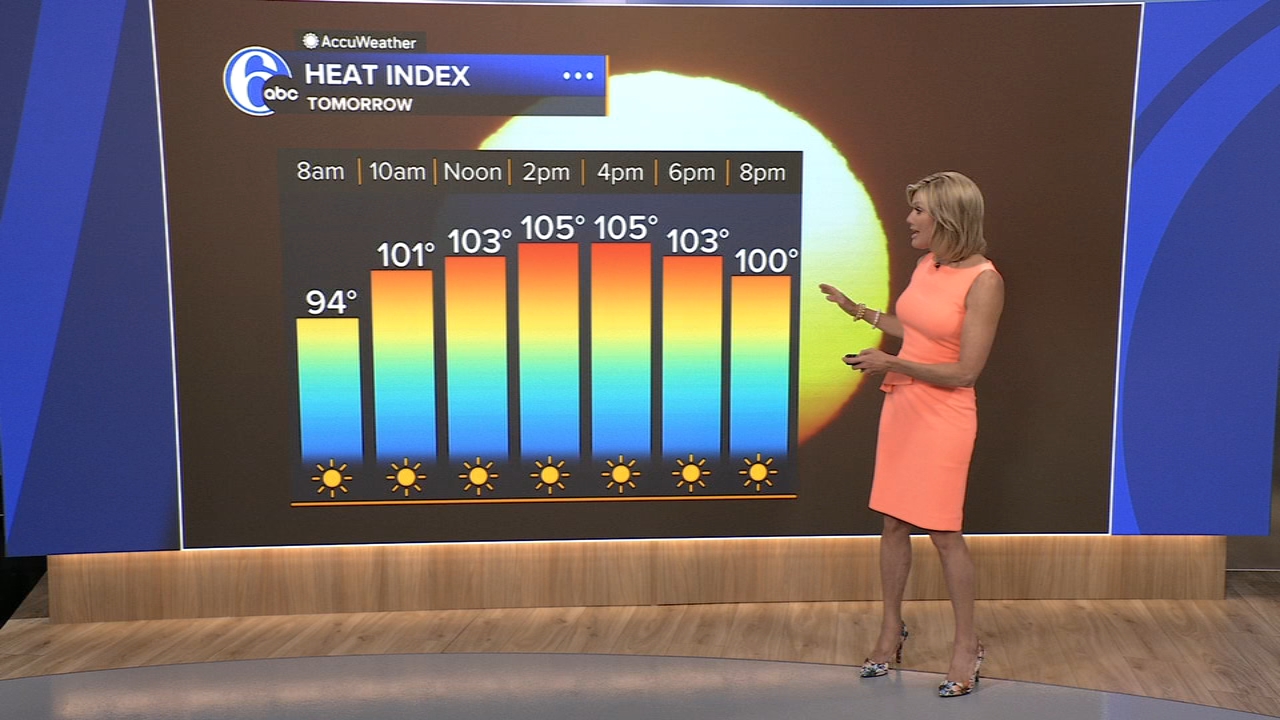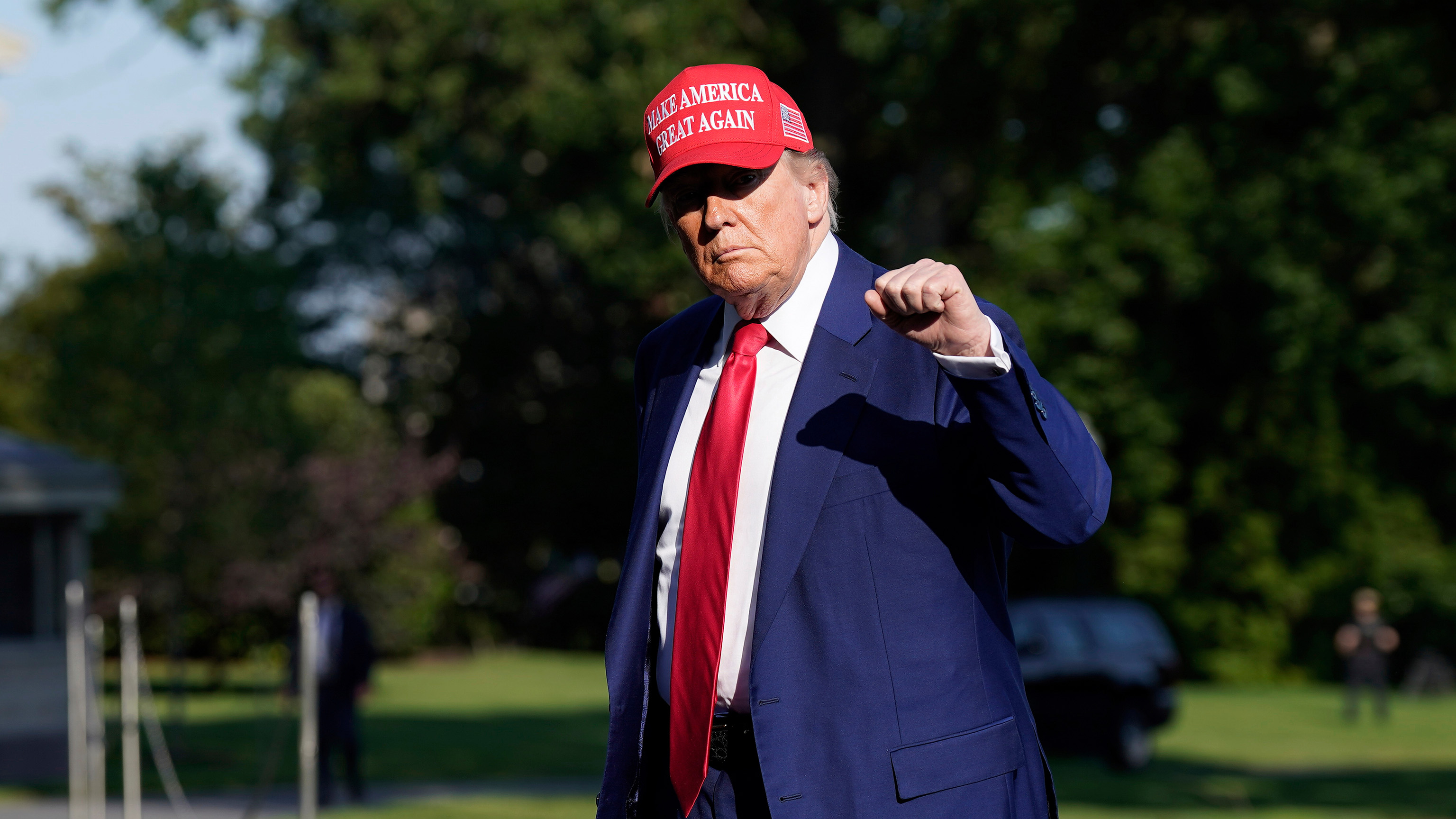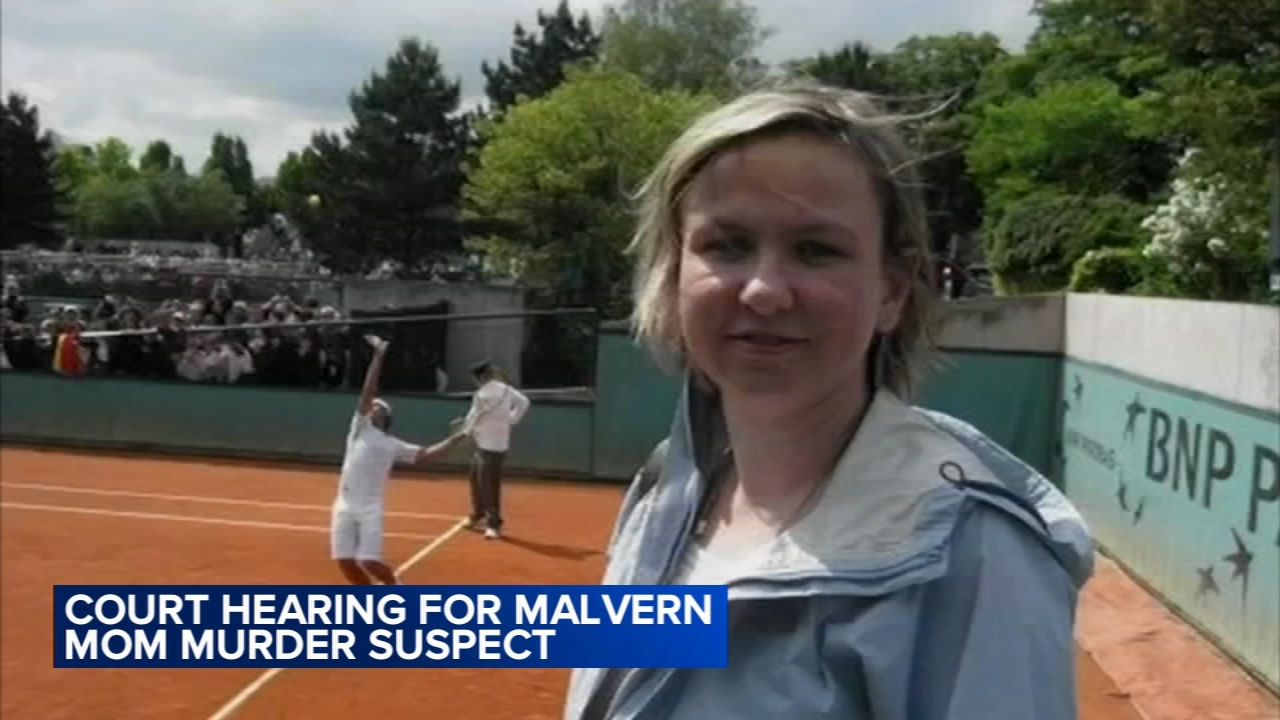Supreme Court allows Trump to resume 3rd-country removals without due process requirement
The order is a significant win for the president's immigration policy.
The Supreme Court's conservative majority on Monday delivered a significant win for the Trump administration's immigration policy, clearing the way for officials to resume deportation of migrants to third countries without additional due process requirements imposed by a district court judge.
The nation's hight court did not explain the decision, but it said the stay of Judge Brian Murphy's mandate would terminate should the administration ultimately lose an appeal on the merits. Litigation is ongoing, but is expected to take years to complete.
The case was brought by a group of detainees said to be headed to South Sudan who alleged they were never given a chance to raise fears of torture. Judge Murphy last month issued a preliminary injunction halting any future removals unless detainees were given notice of their destination, at least 10 days to raise concerns for their safety and 15 days to contest an adverse finding by an immigration officer.
The effective impact of the Supreme Court's order on Monday is a resumption of expedited removals of dozens of unauthorized immigrants to countries other than their own. The Trump administration has sent plane loads to El Salvador, Guatemala, South Sudan and Libya.
Justice Sonia Sotomayor, joined by Justices Elena Kagan and Ketanji Brown Jackson, issued a biting dissent, accusing her colleagues of condoning "lawless" behavior by the administration in "matters of life and death."
"This Court now intervenes to grant the Government emergency relief from an order it has repeatedly defied," Sotomayor wrote. "I cannot join so gross an abuse of the Court's equitable discretion."
"The Due Process Clause represents 'the principle that ours is a government of laws, not of men, and that we submit ourselves to rulers only if under rules,'" Sotomayor wrote. "By rewarding lawlessness, the Court once again undermines that foundational principle."
"Apparently, the Court finds the idea that thousands will suffer violence in farflung locales more palatable than the remote possibility that a District Court exceeded its remedial powers when it ordered the Government to provide notice and process to which the plaintiffs are constitutionally and statutorily entitled. That use of discretion is as incomprehensible as it is inexcusable. Respectfully, but regretfully, I dissent."
Immigrant advocates had asked the justices to keep in place the nationwide injunction requiring "meaningful notice and opportunity to be heard" before any person is sent unwillingly by the U.S. government to a country other than their place of birth or citizenship.
Trump officials had called the court-ordered requirements "onerous" and illegal.
The high court had unanimously indicated in a prior case that potential deportees must be given due process protections. But the justices have not yet spelled out in detail what exactly that requires in each case.
Department of Homeland Security spokeswoman Tricia McLaughlin said in a statement on X that the court's decision is a "MAJOR win for the safety and security of the American people."
The plaintiffs in the case criticized the Supreme Court's granted stay and vowed to keep fighting.
"The ramifications of Supreme Court's order will be horrifying; it strips away critical due process protections that have been protecting our class members from torture and death," said Trina Realmuto, the executive director of the National Immigration Litigation Alliance. "Importantly, however, the Court's ruling only takes issue with the court's authority to afford these protections at this intermediate stage of the case -- we now need to move as swiftly as possible to conclude the case and restore these protections."







